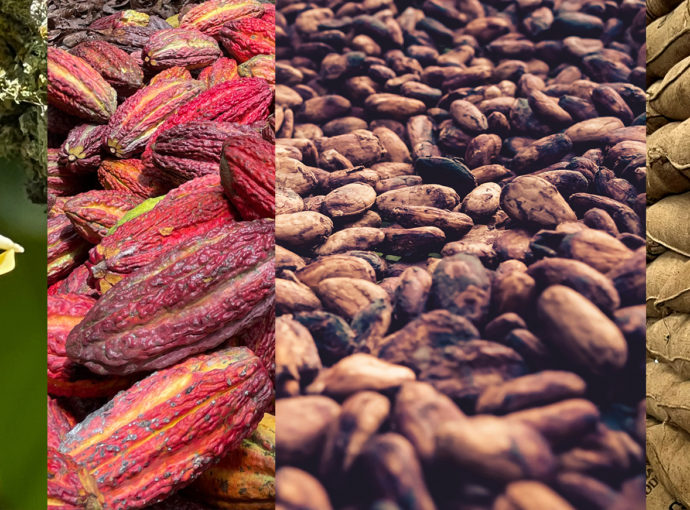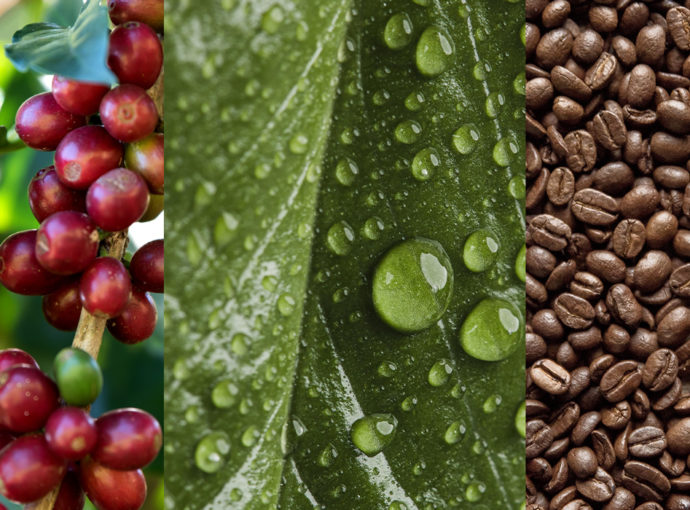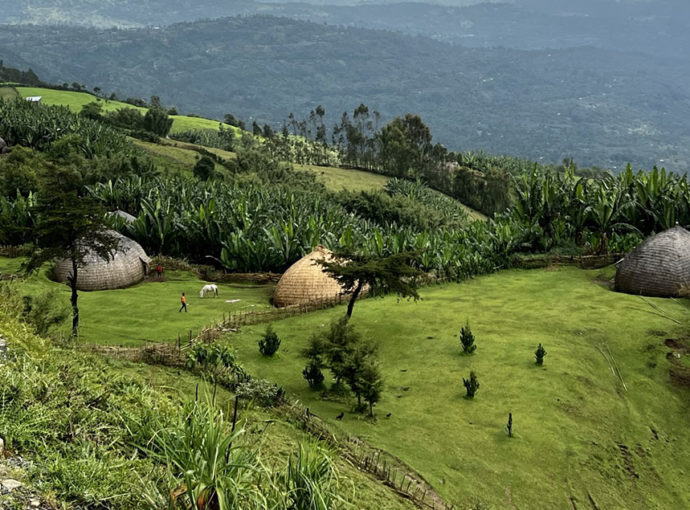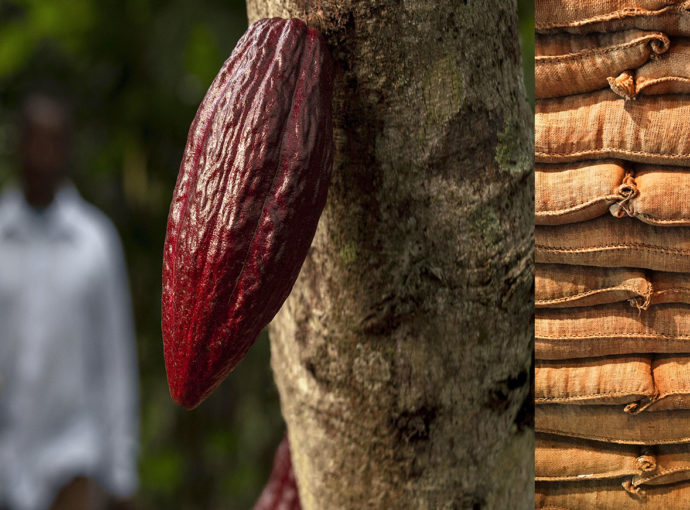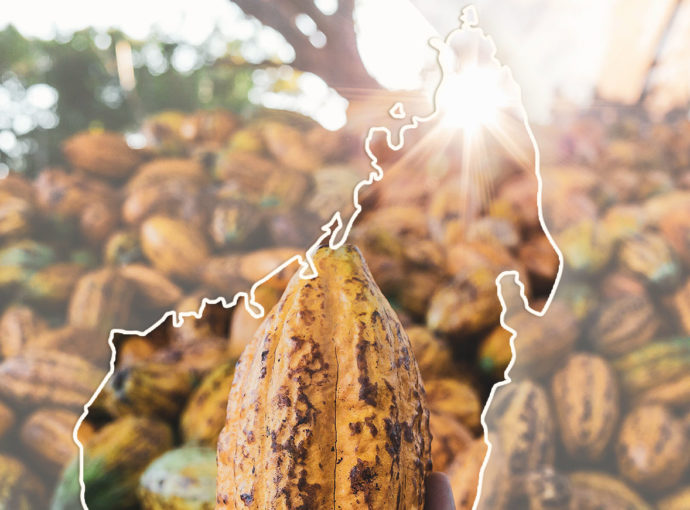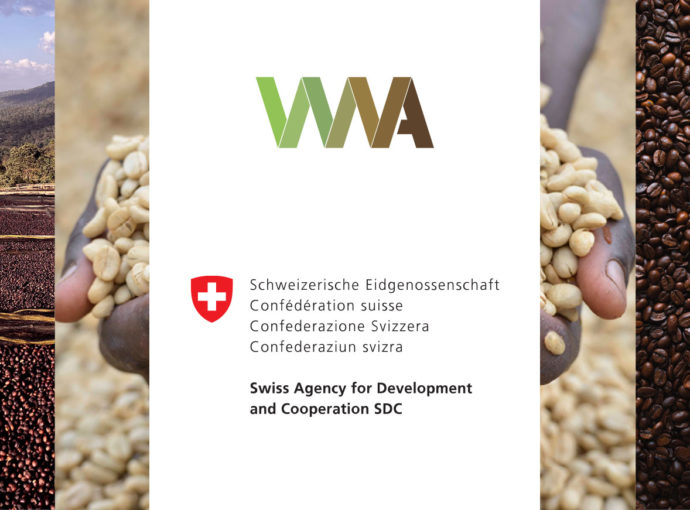WHEN GEOAI MEETS COMMODITY TRADING

Walter Matter has won the Commodities Innovation Award 2025 in the Innovative Partnership category, in collaboration with Picterra.
The European Deforestation Regulation (EUDR) requires importers of agricultural products — including coffee and cocoa — to ensure that their raw materials have not contributed to deforestation after December 2020. This regulation profoundly transforms agricultural trade by imposing full traceability down to the level of individual farm plots.
To face this challenge, Walter Matter joined forces with Picterra, a Swiss startup specialized in Geospatial Artificial Intelligence (GeoAI). Our collaboration led to the creation of TRACER, a tool designed to automate and enhance deforestation risk assessments based on geolocation data. The product is the result of a complementary approach: Walter Matter’s deep knowledge of coffee and cocoa supply chains combined with Picterra’s advanced technological expertise.
THE THREE PILLARS OF INNOVATION
Technology
TRACER is a GeoAI platform capable of processing a continuous flow of raw field data — GPS points or polygons representing agricultural plots located anywhere in the world. The platform ingests these heterogeneous datasets and overlays them with public forest maps and deforestation alerts. Within minutes, and without requiring advanced GIS (Geographic Information System) skills, users can access clear, verifiable, and reproducible results. The platform also maintains a mapping history, offering both spatial and temporal insight.
Process
The development of TRACER relied on a continuous exchange between Picterra’s engineers and Walter Matter’s sustainability department. The analytical methodology was constantly refined using real — and sometimes imperfect — field data collected from a wide supplier network, which was a key asset to test the tool’s robustness across diverse origins. Walter Matter also helped optimize the solution based on operational constraints and field feedback, where direct observations often complement, sometimes challenge, remote sensing.
Philosophy
The guiding principle of TRACER is transparency. All assessments are based on public satellite data layers and can be verified by authorities or commercial partners. Only specific checks, when required, rely on very high-resolution imagery from private libraries or reports from other verification systems, including certifications. When applicable, image comparisons and audit reports are uploaded to the platform, which centralizes all additional evidence of compliance.
TANGIBLE RESULTS
In less than two years, TRACER has been used to assess over 300,000 farm plots across more than 25 countries, covering coffee and cocoa shipments from nearly 100 suppliers. Initially developed as a risk management and compliance tool, it now helps guide procurement decisions by identifying non-compliant areas. More importantly, it serves a collaborative and preventive purpose. TRACER has become an educational instrument in supplier engagement: it provides detailed feedback to correct incomplete data and supports suppliers’ efforts to prevent deforestation. By highlighting high-risk regions, it helps optimize time and resources — whether to correct false positives (deforestation alerts not confirmed on the ground) or to raise awareness among farmers in areas where degradation has been observed.
A MODEL FOR THE FUTURE OF AGRICULTURAL TRADING
Our experience demonstrates that it is possible to meet new environmental obligations without adding operational complexity. This pragmatic approach — instead of outsourcing compliance or developing highly specialized internal capacities — brings together complementary partners sharing the same standards of rigour and transparency. While our coffee and cocoa supply chains served as the testing ground for TRACER, this partnership has produced a model that is:
- Replicable to other commodities (soy, palm oil, rubber, wood) and other applications (carbon monitoring, agroforestry validation);
- Adaptable to both smallholder contexts and large plantations;
- Future-ready, able to support upcoming ESG, climate, and biodiversity reporting requirements;
- Scalable and sustainable, contributing to a form of continuous environmental intelligence.
RECENT NEWS





